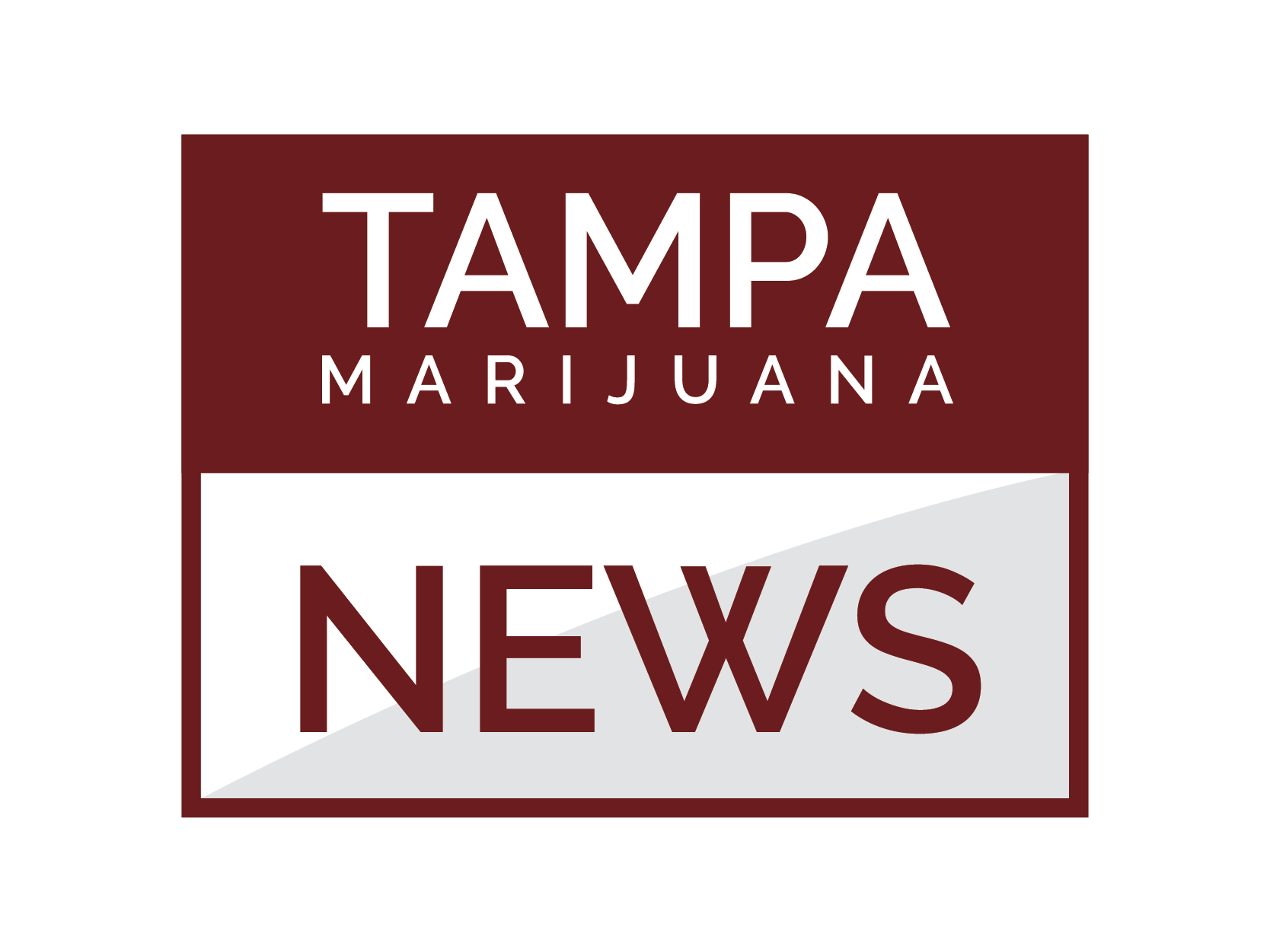USF Health researchers are sharpening the picture of how cannabis influences inflammation, drawing on a decade of laboratory work and a growing network of statewide clinical collaborators. At the Byrd Alzheimer’s Institute, early, highly cited work from USF showed that extremely low doses of THC reduced production and aggregation of amyloid-β—proteins that drive neuroinflammation in Alzheimer’s disease—while also boosting mitochondrial function in neuronal models. Those findings helped position cannabinoids not only as symptom managers but as potential modulators of inflammatory cascades upstream of neurodegeneration.
That foundational science has matured alongside USF’s broader inflammation agenda. In the College of Pharmacy, the Kindy Lab investigates chronic inflammation across neurologic and cardiovascular disease and explicitly evaluates cannabis-derived compounds as therapeutic candidates. Their program emphasizes moving from cell and animal models into rigorously designed human studies—an approach meant to separate pharmacology from hype and clarify dose, route, and patient selection.
Institutionally, USF strengthened its clinical footprint in 2025 by joining the Florida Legislature-created Consortium for Medical Marijuana Clinical Outcomes Research, becoming the 11th university on the board. The consortium coordinates real-world studies of medical marijuana across Florida’s health systems, enabling standardized data on safety, effectiveness, and patient-reported outcomes—including inflammatory conditions where cannabinoids are widely tried but poorly characterized.
Mechanistically, USF’s work aligns with a broader scientific literature that points to the CB2 receptor—abundant on immune cells—as a key anti-inflammatory target. Stimulation of CB2 has repeatedly been shown to dampen pro-inflammatory signaling and microglial activation, a pathway consistent with the Byrd team’s observations that cannabinoid exposure can counter inflammatory drivers linked to neuronal injury. These converging lines support the hypothesis that carefully titrated cannabinoids might recalibrate overactive immune responses in the brain without the psychoactive load associated with high-THC dosing.
Yet the evolving picture is not one-sided. Recent preclinical work outside USF indicates that smoke exposure can suppress pro-resolving lipid mediators and worsen inflammatory tone in specific contexts—especially against the background of seed-oil-rich diets—underscoring that “cannabis” is not a single intervention and that route of administration matters. USF investigators and their consortium partners are therefore prioritizing formulations (e.g., oral oils, capsules) and dosing strategies that minimize combustion-related confounders while enabling reproducible pharmacokinetics for inflammation research.
USF’s next phase focuses on translation: pairing biomarker-driven designs with outcomes that matter to patients. In neuroinflammatory disease, that means integrating measures like cytokine panels, microglial activation markers, and mitochondrial function alongside cognition, agitation, and functional status. The statewide consortium provides the scaffolding for such studies by harmonizing data capture across clinics and diagnoses, from neurodegeneration to pain syndromes where inflammation is central.
Taken together, the USF Health story is one of cautious progress. Low-dose cannabinoid signaling appears capable of dialing down inflammatory pathways implicated in brain disease, with USF’s early Alzheimer’s research serving as a catalytic example. The university’s current initiatives aim to validate those signals in well-controlled human studies and to map when, for whom, and how specific cannabinoids are anti-inflammatory versus neutral—or even harmful—in real-world use. For patients and clinicians, that means clearer guidance is on the horizon: which compounds, at what doses, delivered by which routes, and tracked by which biomarkers. It is precisely the kind of clarity that inflammation science—and patients navigating it—has needed.
Learn More: Supporting Strength: CBD, Mobility, and Well-Being for Older Adults
